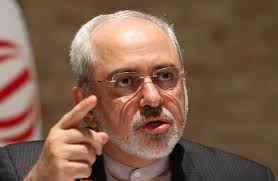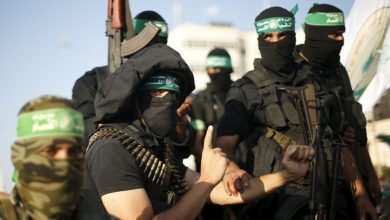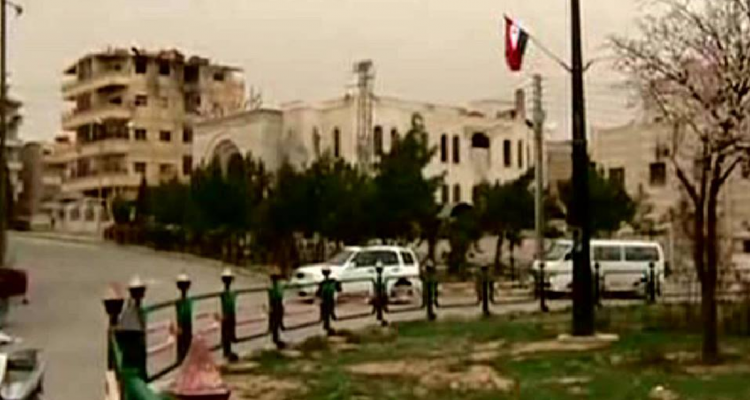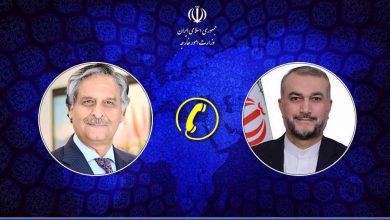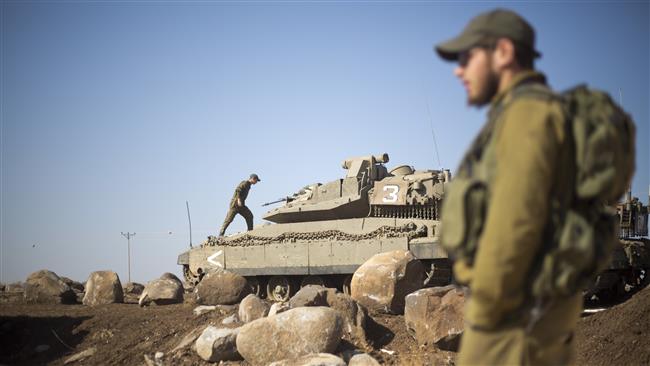Analyst: Aleppo Battle Main Reason behind Turkey’s U-Turn in Syria Policy
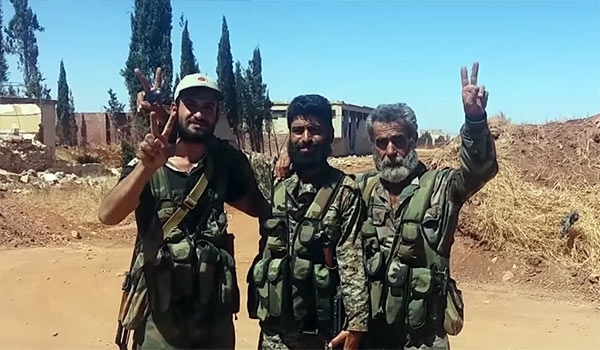

The Syrian army and its allies’ resolve to lay siege on Aleppo and cut off Turkey’s supply routes to the terrorists is the root cause of Ankara’s changed policy on Syria, a prominent analyst said.
“Erdogan’s government has come to realize that continuing the path paved in the past five years in Syria is useless,” Kamal Feiz told FNA on Sunday.
“All military developments in Aleppo and its countryside show Russia and Iran’s serious determination, headed by Syria, to besiege Aleppo and cut off all routes to the terrorists in the city to Turkey to pave the ground for the full liberation of Aleppo,” he added.
“Therefore, the Aleppo battle has been a vital cause of change in Turkey’s diplomatic positions to reinvigorate its relations with the neighboring countries, specially Syria,” Feiz said.
His remarks came after Turkey’s Prime Minister Binali Yildirim said on Wednesday that the Turkish government could potentially mend relations with the government of Syria’s President Bashar Assad.
“I am sure that we will return ties with Syria to normal,” Yildirim said during a televised speech.
“In order for counterterrorism efforts to succeed, there has to be stability in Syria and Iraq,” Yildirim added. “We normalized our relations with Israel and Russia. I’m sure we will go back to normal relations with Syria as well.”
Turkey and Saudi Arabia are both part of an effort to create an alleged “Islam Army,” ostensibly aimed at combating terrorism in the region and consisting of 34 Sunni Islam nations.
Almost the entire range of extremist and terrorist groups are supported by Saudi Arabia and Turkey, with their key commanders and leaders being Saudi nationals. ISIL, Al-Nusra and other extremist groups pursue the same line of ideology exercised and promoted by Saudi Arabia, Wahhabism. Hundreds of Saudi clerics are among the ranks of ISIL and Al-Nusra to mentor the militants.
Wahhabism is now the only source of the textbooks taught at schools in the self-declared capital of the ISIL terrorist group, Raqqa, in Northeastern Syria resembling the texts and lessons taught to schoolgoers in Saudi Arabia. The Wahhabi ideology, an extremist version of Sunni Islam that is promoted almost only in Saudi Arabia, sees all other faiths – from other interpretations of Sunni Islam to Shiism, Christianity and Judaism – as blasphemy, meaning that their followers should be decapitated as nonbelievers.
